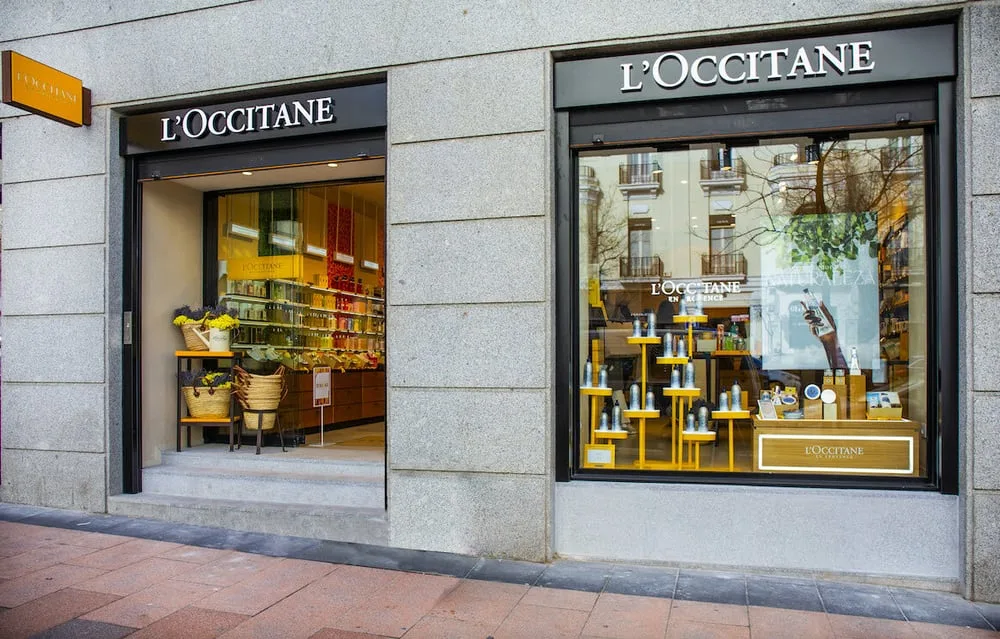Hong Kong-listed skincare specialist, L’Occitane International SA, made a significant announcement on Monday as its majority shareholder chose not to pursue a potential privatization plan. This development ends speculation about a prospective European listing.
In the previous month, L’Occitane informed the market about a potential buyout offer from Chairman Reinold Geiger’s investment holding company, L’Occitane Groupe SA, with a minimum share price set at HK$26.00 ($3.32).
Sources disclosed to Reuters that Geiger had been actively engaging advisors to explore the option of relisting the skincare products group on a European exchange as early as the coming year.
Over the past decade, Austrian billionaire Geiger has achieved remarkable growth for the beauty-store chain, expanding its footprint to 3,000 outlets across 90 countries, offering organic beauty products. Despite this, with a market capitalization of $5.22 billion, the firm lags behind its peers in the cosmetic sector, including French firm L’Oreal SA, in terms of its forward price-to-earnings ratio.
In a similar strategic move, Italian fashion house Prada SpA has also expressed interest in pursuing a dual listing in Italy alongside its Hong Kong listing. Hong Kong has recently emerged as a hub for buyout deals, attracting a variety of companies with undervalued valuations.
As of the end of May, L’Occitane Groupe SA owned a significant 72.5% stake in the skincare firm.
The company is listed in Hong Kong at a time when numerous Western firms are actively seeking to expand their presence in the rapidly growing Chinese market.
Trading in shares of the Luxembourg- and Geneva-based company, which were temporarily suspended, will resume on Tuesday.
Last month, Bloomberg News reported that Geiger was exploring a potential offer of approximately HK$35 for each L’Occitane share that he does not already own. However, the company later clarified that if a deal were to materialize, the minimum offer price would be HK$26.00 per share.
L’Occitane initially went public in Hong Kong in 2010, marking one of the first instances of a Western company issuing primary shares in the Asian financial hub.

































